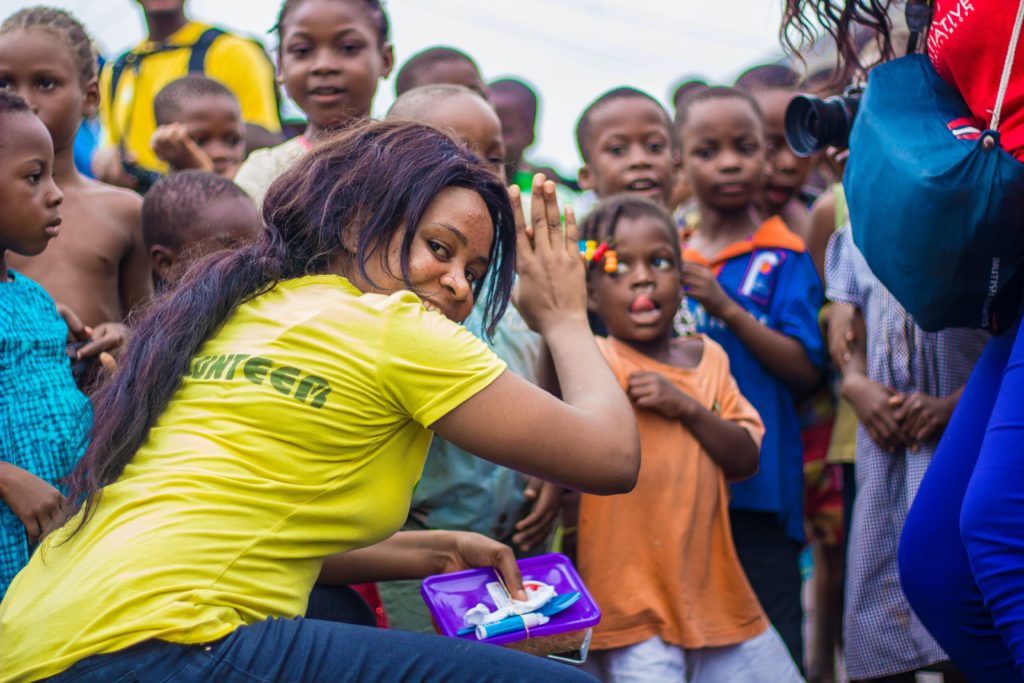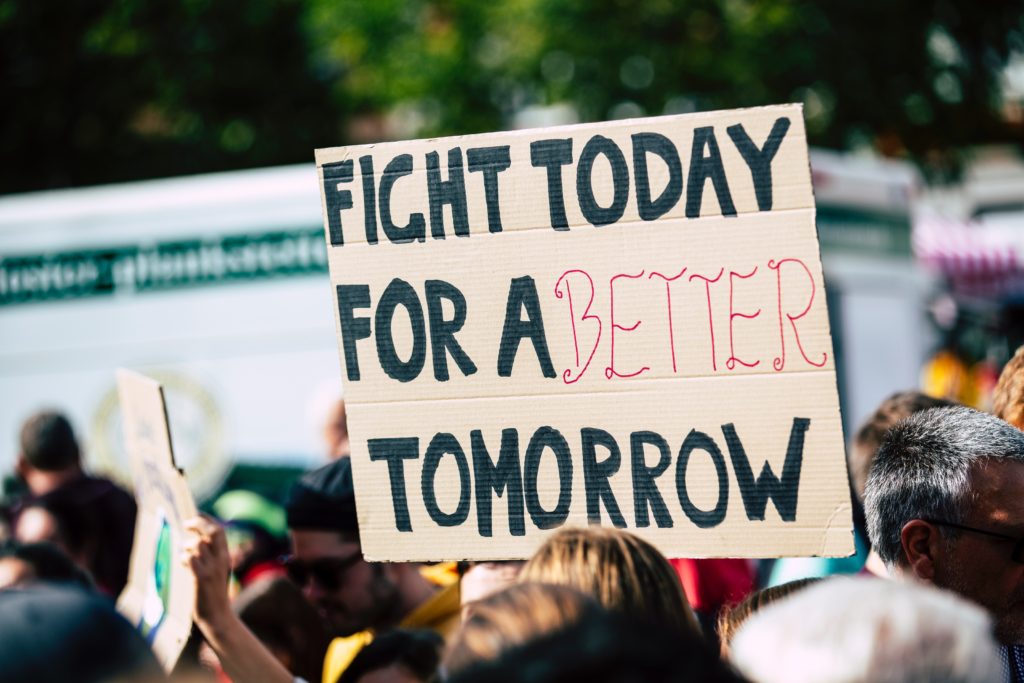Black Pearl's Way: COVID-19 and Sustainable Development Goals
When Black Pearl Consulting and Research began operating in 2019, the world looked much different than it does today. For one, the United Nations had just launched the “Decade of Action” to reach the Sustainable Development Goals (SDGs). These included eliminating poverty and hunger, achieving gender equality, and limiting global warming. These goals were extremely ambitious, requiring that signatories place global commitments over nationalistic concerns. Even before the onset of COVID-19, the prospect of attaining the international cooperation needed to achieve the SDGs seemed unlikely.
There are many reasons for pessimism about attaining the SDGs. Democracies around the world have been declining as authoritarian leaders grow in numbers. Youth are increasingly disillusioned with governments amid declining prospects for social advancement, falling wages, and accelerating climate change. And, despite stock market gains and economic growth in the developing world, economic stagnation and alienation have been growing among the working class. This has prompted political polarization and protectionism, together with a backlash against migrant workers, globalization, and elites. The withdrawal of the U.S. from the Paris Agreement was one symptom of the growing public distrust of international institutions and scientific expertise.
 With the advent of COVID-19, prospects for achieving the SDGs have appeared to shrink even more. For one, earlier economic gains were reversed: according to the World Bank’s Global Economic Prospects report, the global economy contracted by 4.3% in 2020. This a decline comparable only to the one experienced during the period between the two worlds wars. Second, the pandemic initially deepened xenophobia, and countries looked further inward. For example, at the outset, many leaders refused to share vital public health information and sought to place blame for the crisis on other nations or transnational institutions. It was in this environment that the U.S. announced its intention to leave the WHO.
With the advent of COVID-19, prospects for achieving the SDGs have appeared to shrink even more. For one, earlier economic gains were reversed: according to the World Bank’s Global Economic Prospects report, the global economy contracted by 4.3% in 2020. This a decline comparable only to the one experienced during the period between the two worlds wars. Second, the pandemic initially deepened xenophobia, and countries looked further inward. For example, at the outset, many leaders refused to share vital public health information and sought to place blame for the crisis on other nations or transnational institutions. It was in this environment that the U.S. announced its intention to leave the WHO.
Now, more than 2.4 million people have died from COVID-19 and more than 111 million cases have been reported around the world. The impacts have been most dire among the poor, whether in developing nations or industrialized countries. People living in crowded slums and refugee camps, or working in low-paying service industries, can neither practice social distancing nor afford the necessary protective equipment and medical care. The poor also often lack access to technologies that would allow them to work remotely, educate their children online, and access good health information. Finally, lockdowns and border closings have hindered migrant workers and disrupted supplies of essential goods, bringing even more hardship to the poor.
How Does Smart Recovery Begin?
New vaccines signal an end is in sight. But the harm caused by COVID-19 will not end with the retreat of the disease itself. The socioeconomic strains within and between countries exacerbated by the pandemic will endure, and they could threaten the global stability for many years to come. History shows us that serious revolts, revolutions, and sometimes socioeconomic collapse can be precipitated by disease. A recent IMF study tracking social unrest in 130 countries since 1983 shows that social unrest grows during and after epidemics. Socioeconomic problems that festered before a pandemic can metastasize later as governments and economies struggle to recuperate.
 However, crises can also prompt social, political, and economic transformations that would be unthinkable in more stable times. While they can cause divides and exacerbate stress, they can, with good leadership, bring people together. To recover from COVID-19, protect against future pandemics, and rebuild trust in government, scientific experts, and global institutions we will need unprecedented global cooperation, decisiveness, and determination. And this is where responding to COVID-19 and meeting SDG targets needs to go hand-in-hand.
However, crises can also prompt social, political, and economic transformations that would be unthinkable in more stable times. While they can cause divides and exacerbate stress, they can, with good leadership, bring people together. To recover from COVID-19, protect against future pandemics, and rebuild trust in government, scientific experts, and global institutions we will need unprecedented global cooperation, decisiveness, and determination. And this is where responding to COVID-19 and meeting SDG targets needs to go hand-in-hand.
Encouragingly the U.S. has rejoined the WHO and will work with the COVAX initiative to help high-risk populations worldwide get vaccines. The IFC has recently launched a USD 4 billion cooperative platform to get medical supplies to the developing world. The new U.S. administration has also signaled a radical change in national policy toward science-based decision-making and international cooperation, including by rejoining the Paris Agreement. And governments around the world are increasingly offering funding for projects that address both environmental and human health at once. Such holistic international cooperation during the period of recovery from COVID-19 can lay the groundwork for wider action toward the SDGs.
The Black Pearl Approach
We, like the rest of the world, were not expecting COVID-19 when Black Pearl was founded. But we do see our approach to development as the way to reach SDGs and recover from COVID-19 quickly and sustainably. Our approach is focused on reducing economic inequalities, closing socioeconomic gaps at the local level, and making sure beneficiaries can co-design their own solutions. We are a small company, located in an underserved area of the United States (a HUBZone), and our consultants, though from many different backgrounds, have all worked at the local level around the world. We understand and hear the voices of the marginalized because we work with them and among them. And we help our clients save money because of our small size and hands-on approach.
 As we approach a post-pandemic future, Black Pearl will be focusing on several areas we believe to be key for a fast recovery. First, we are working to mainstream technological advances that facilitate remote work, distance learning, telemedicine, and more. Second, we are finding ways to provide greater financial and technical assistance to small businesses, smallholder farmers and poor households. This assistance is carefully tailored to micro-local needs. Finally, we are focusing on inclusiveness—of women, youth, the handicapped, the elderly, and ethnic minorities. We know that societies with fewer inequities are more prosperous, stable, and resilient, benefiting all.
As we approach a post-pandemic future, Black Pearl will be focusing on several areas we believe to be key for a fast recovery. First, we are working to mainstream technological advances that facilitate remote work, distance learning, telemedicine, and more. Second, we are finding ways to provide greater financial and technical assistance to small businesses, smallholder farmers and poor households. This assistance is carefully tailored to micro-local needs. Finally, we are focusing on inclusiveness—of women, youth, the handicapped, the elderly, and ethnic minorities. We know that societies with fewer inequities are more prosperous, stable, and resilient, benefiting all.
As the UN has emphasized, meeting the SDG targets will require not just strong global leadership, but commitment from every sector in every corner of the globe. The development solutions of the future should promote local economic growth, improve disaster resilience, and reduce social inequalities. They should do this while cutting across all social, economic and environmental sectors. The pandemic has taught us lessons which we can use to meet the SDG targets: we must work quickly, we must work together, and we must recognize that planet is closely intertwined, even when tens of thousands of kilometers apart.
